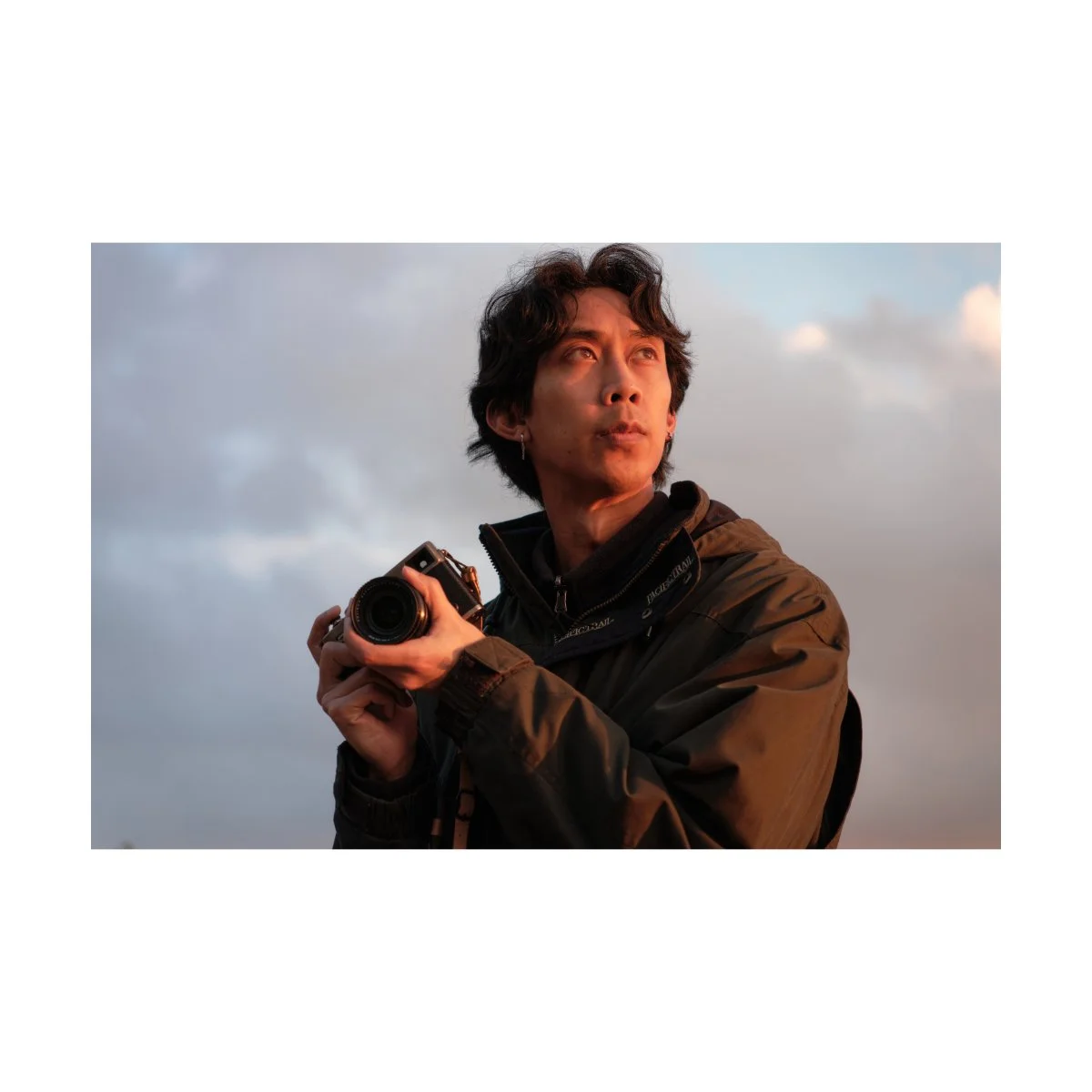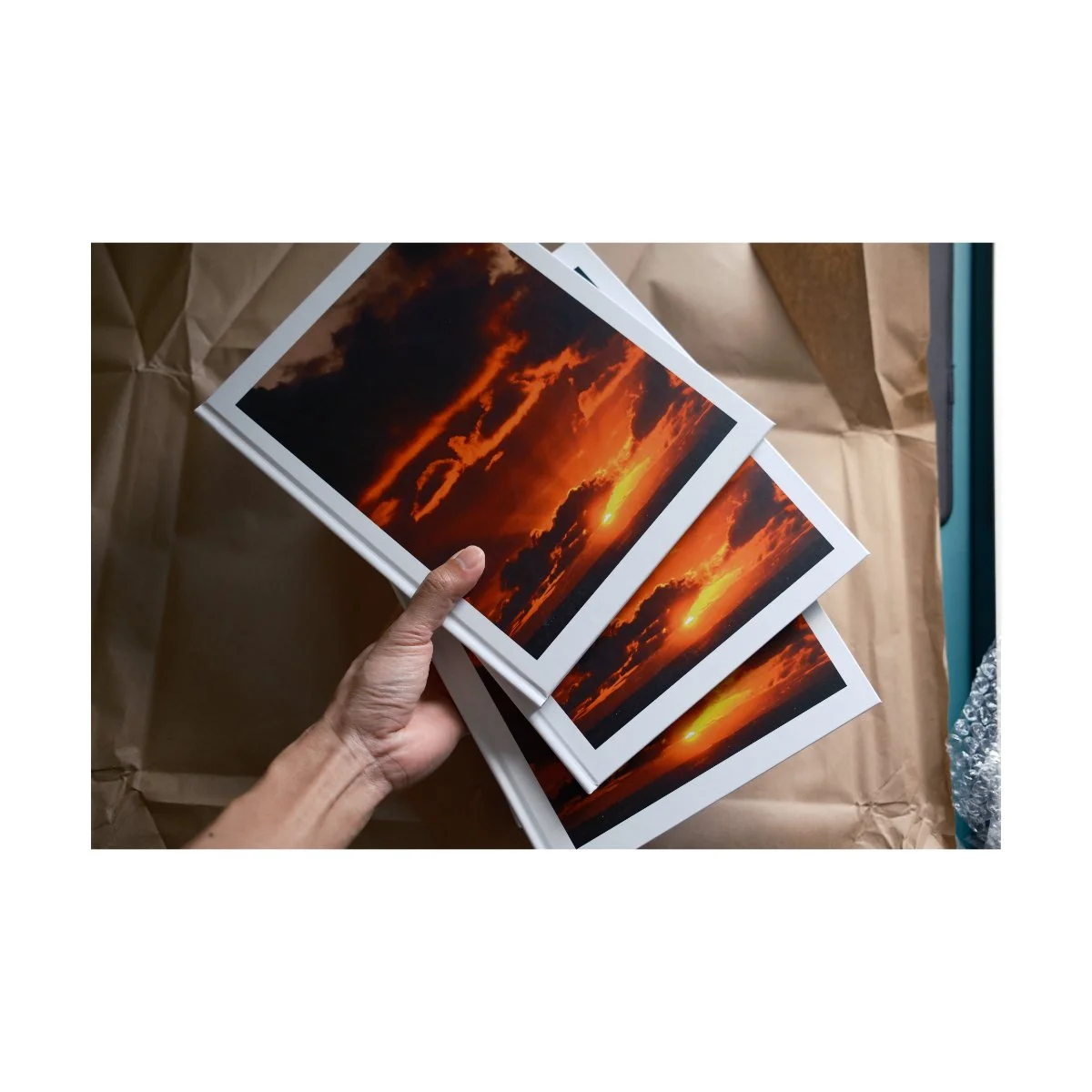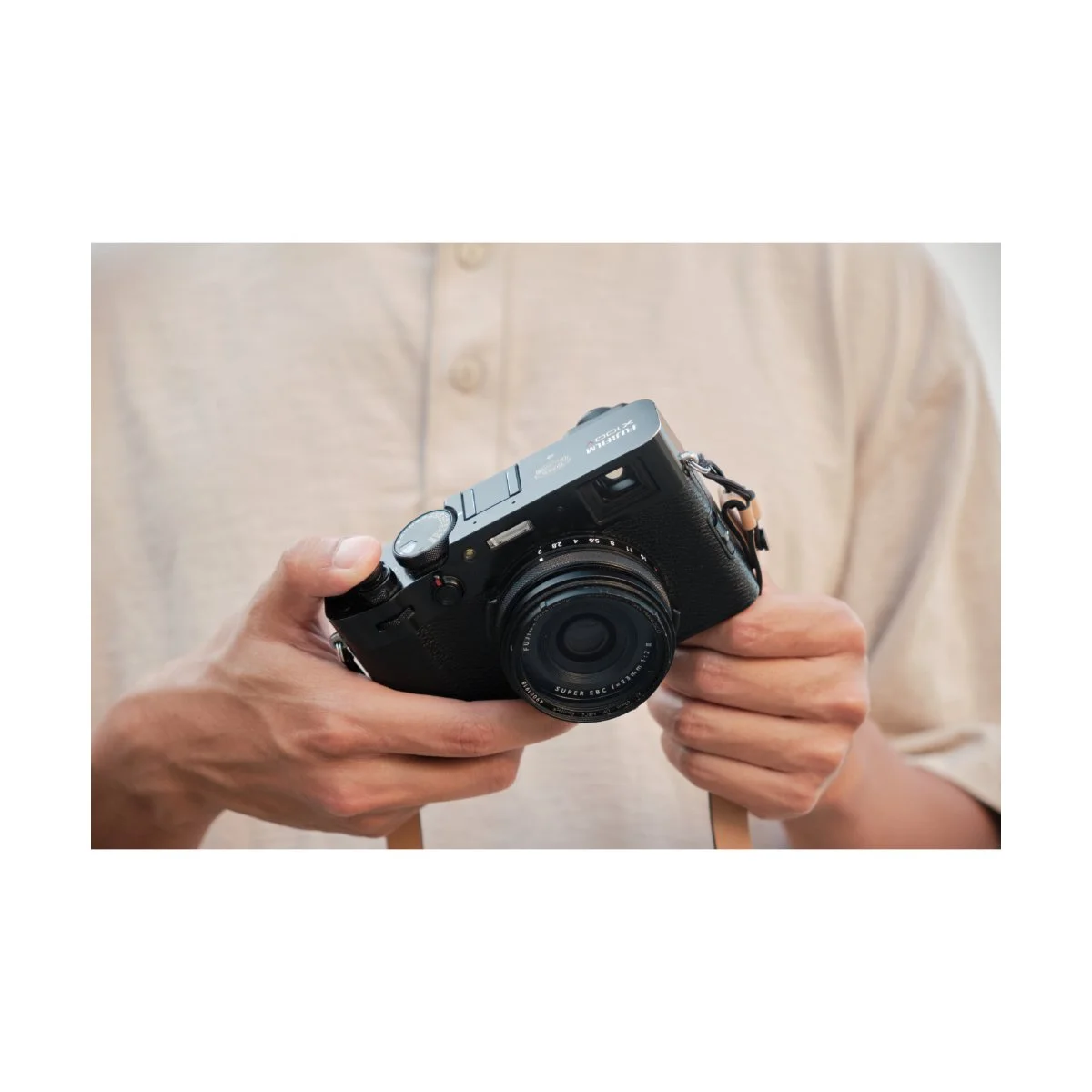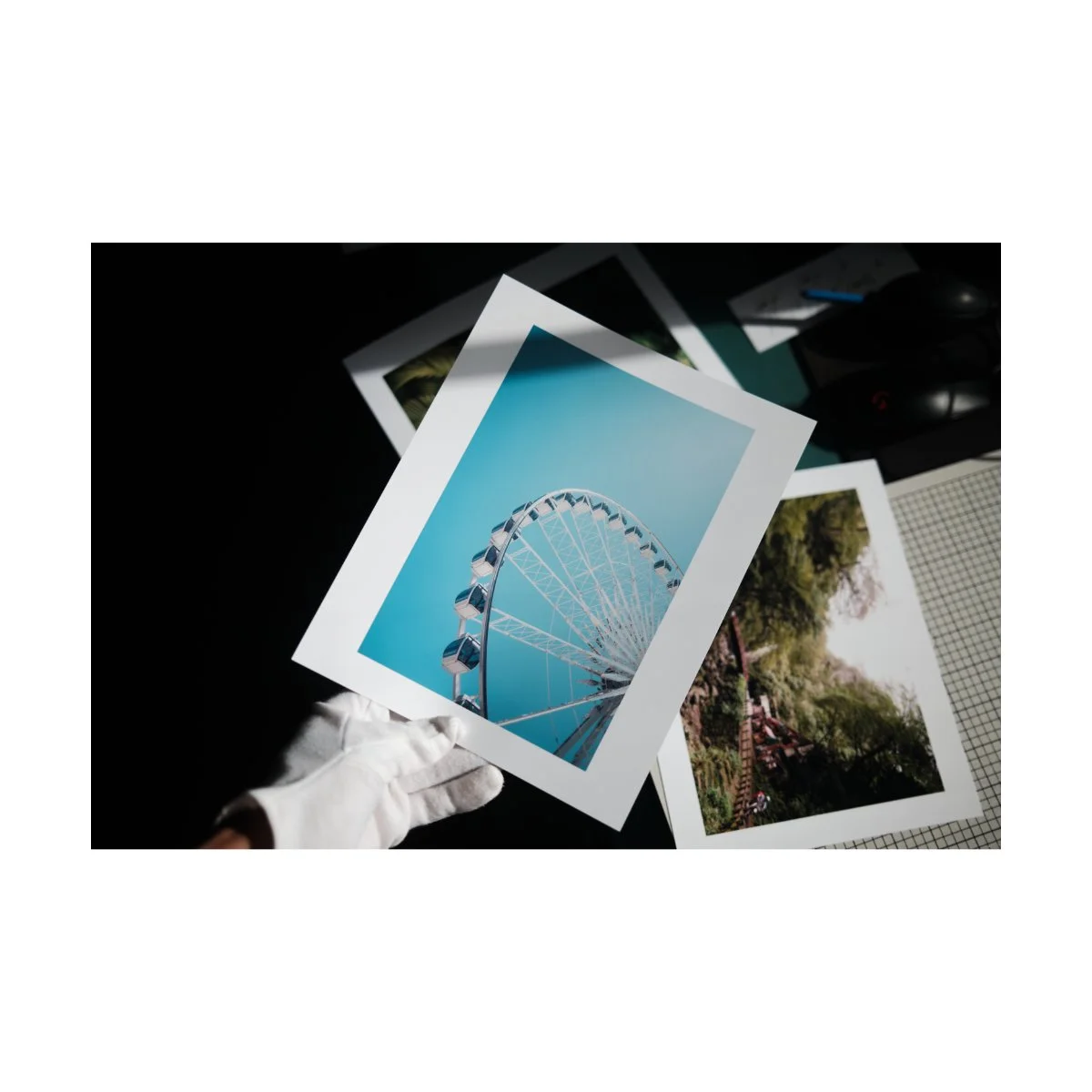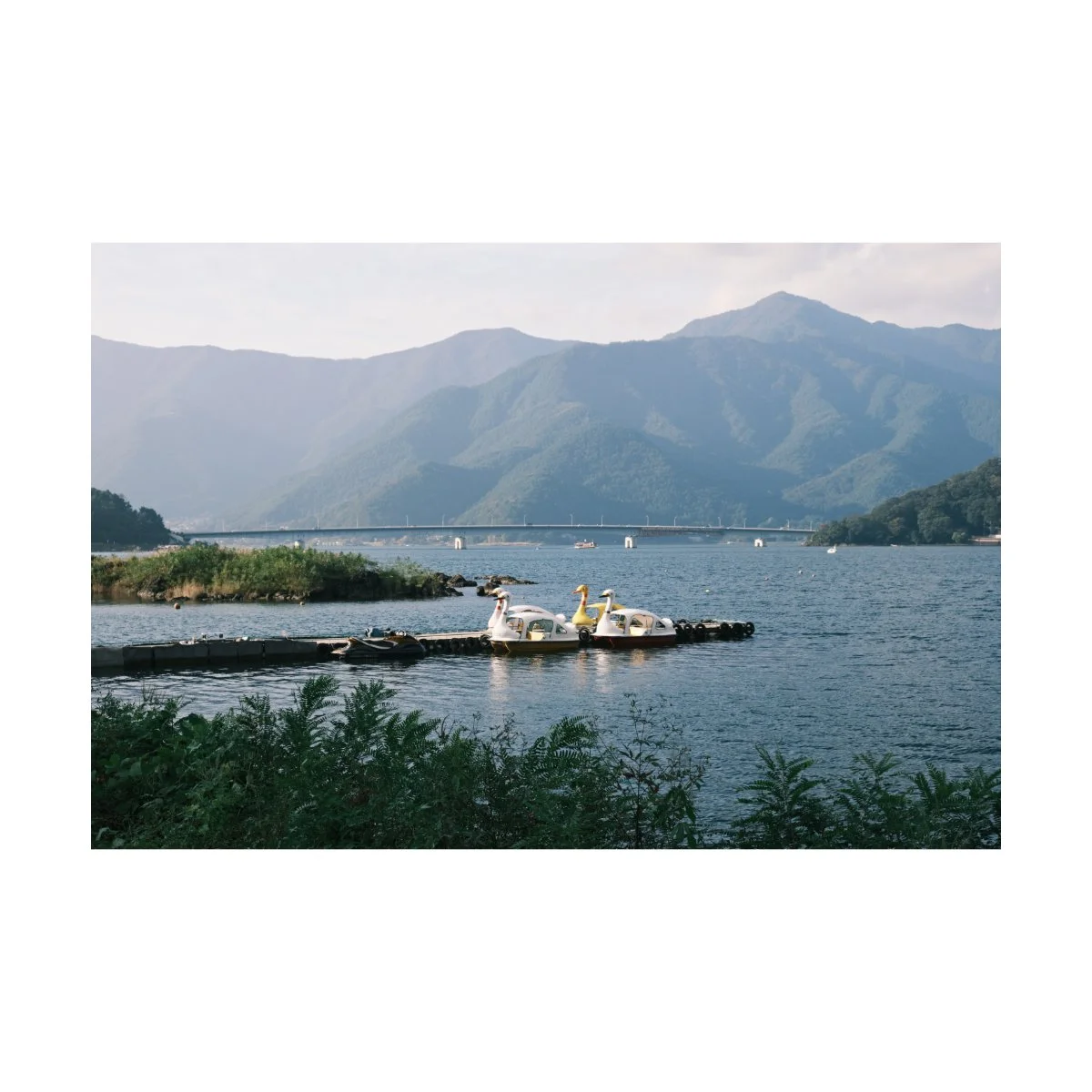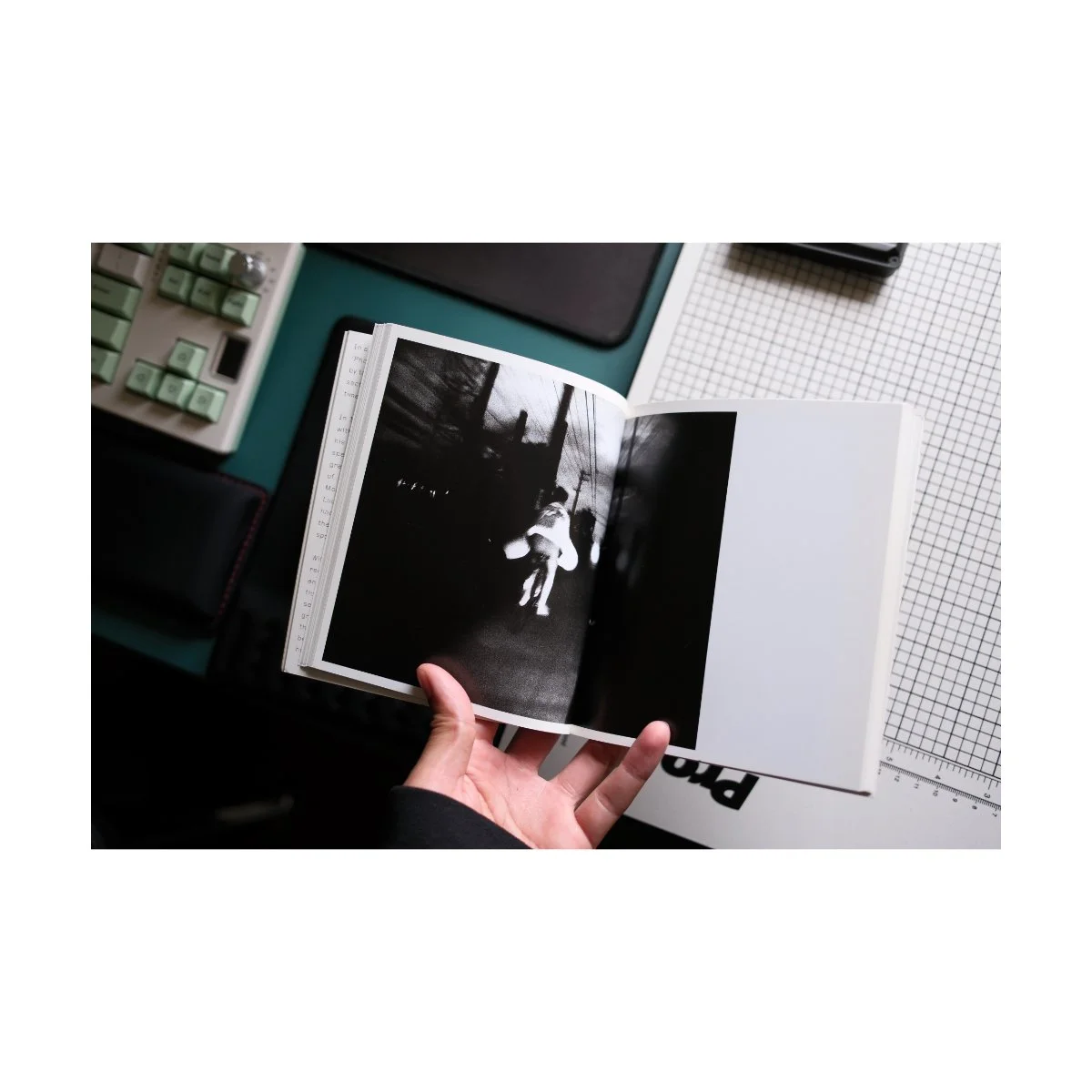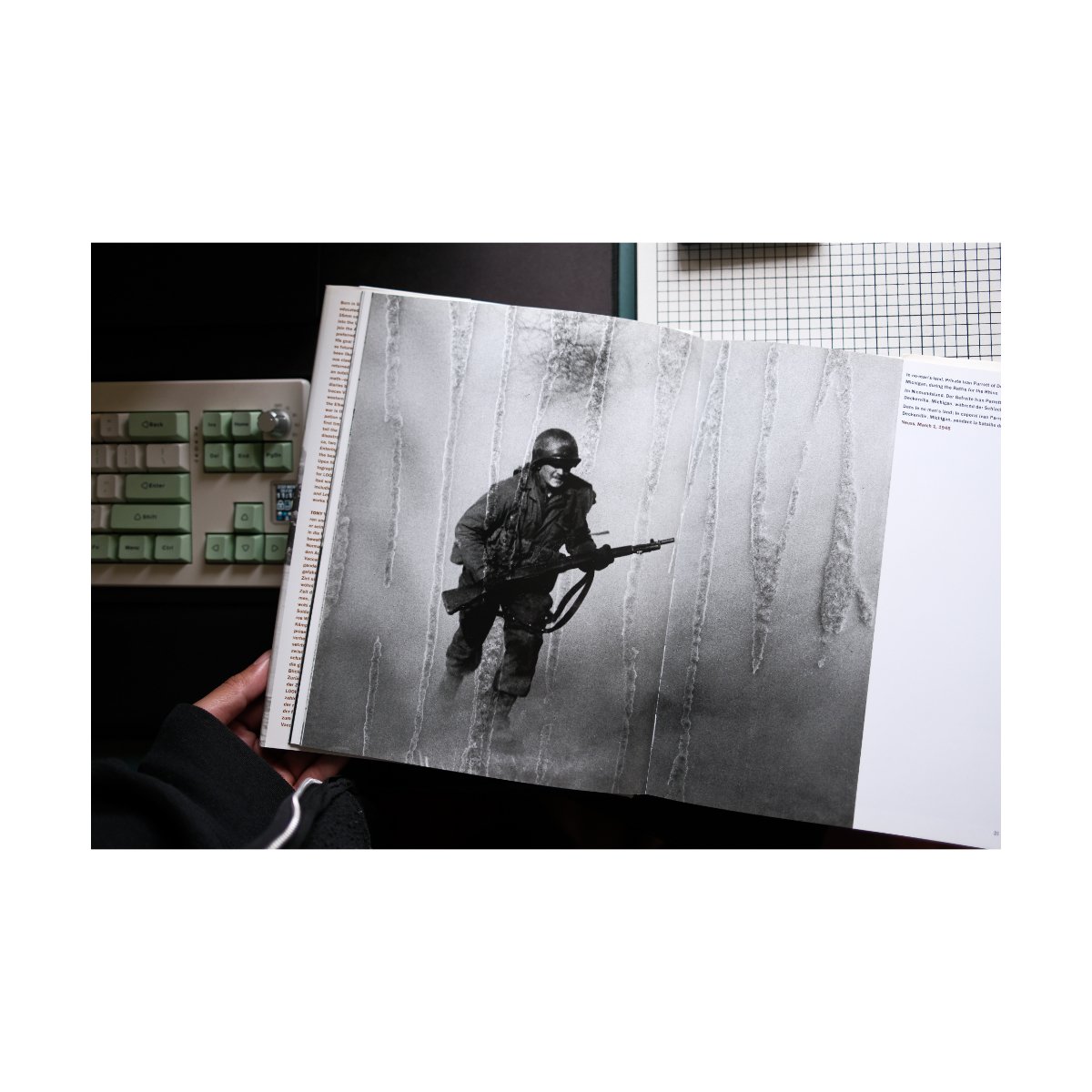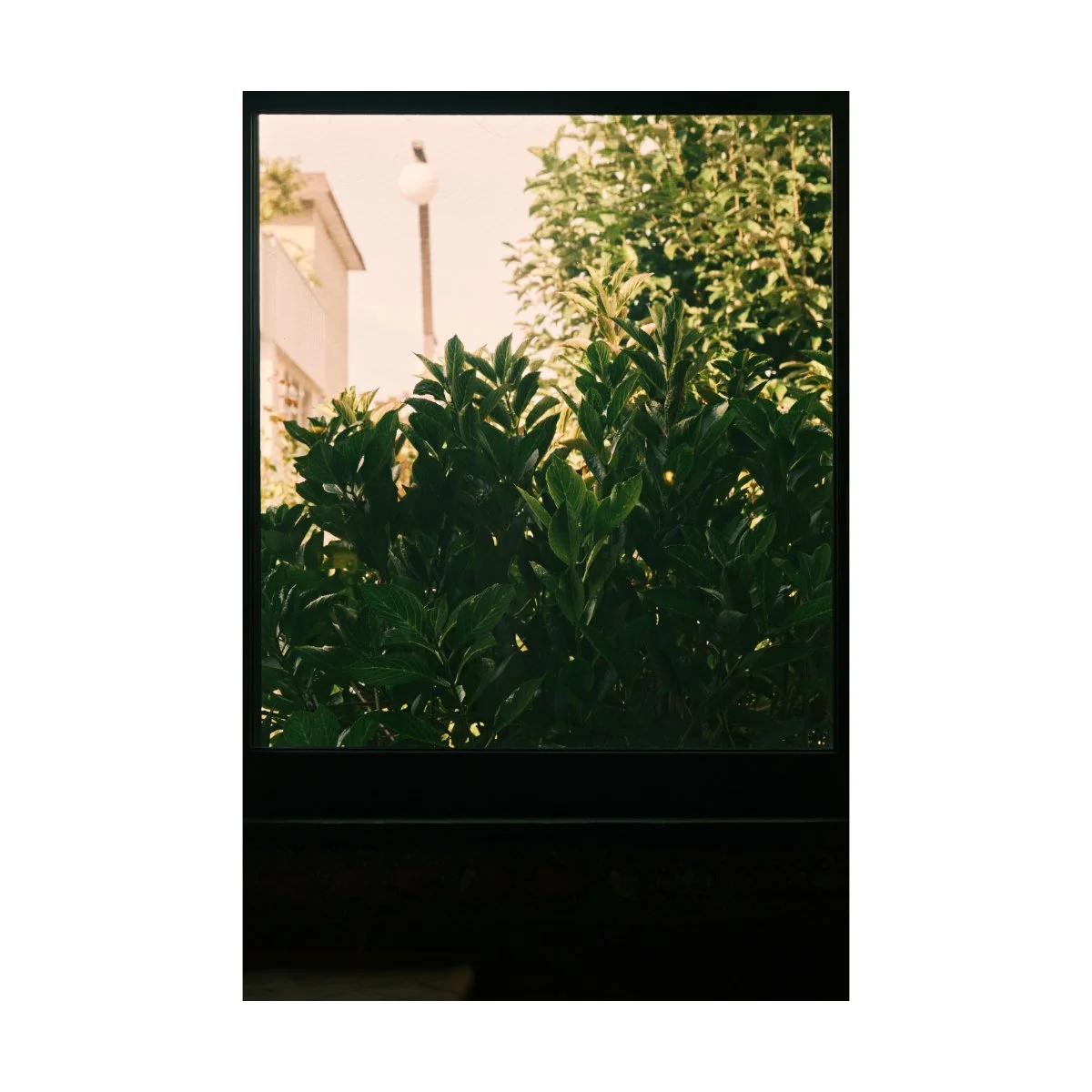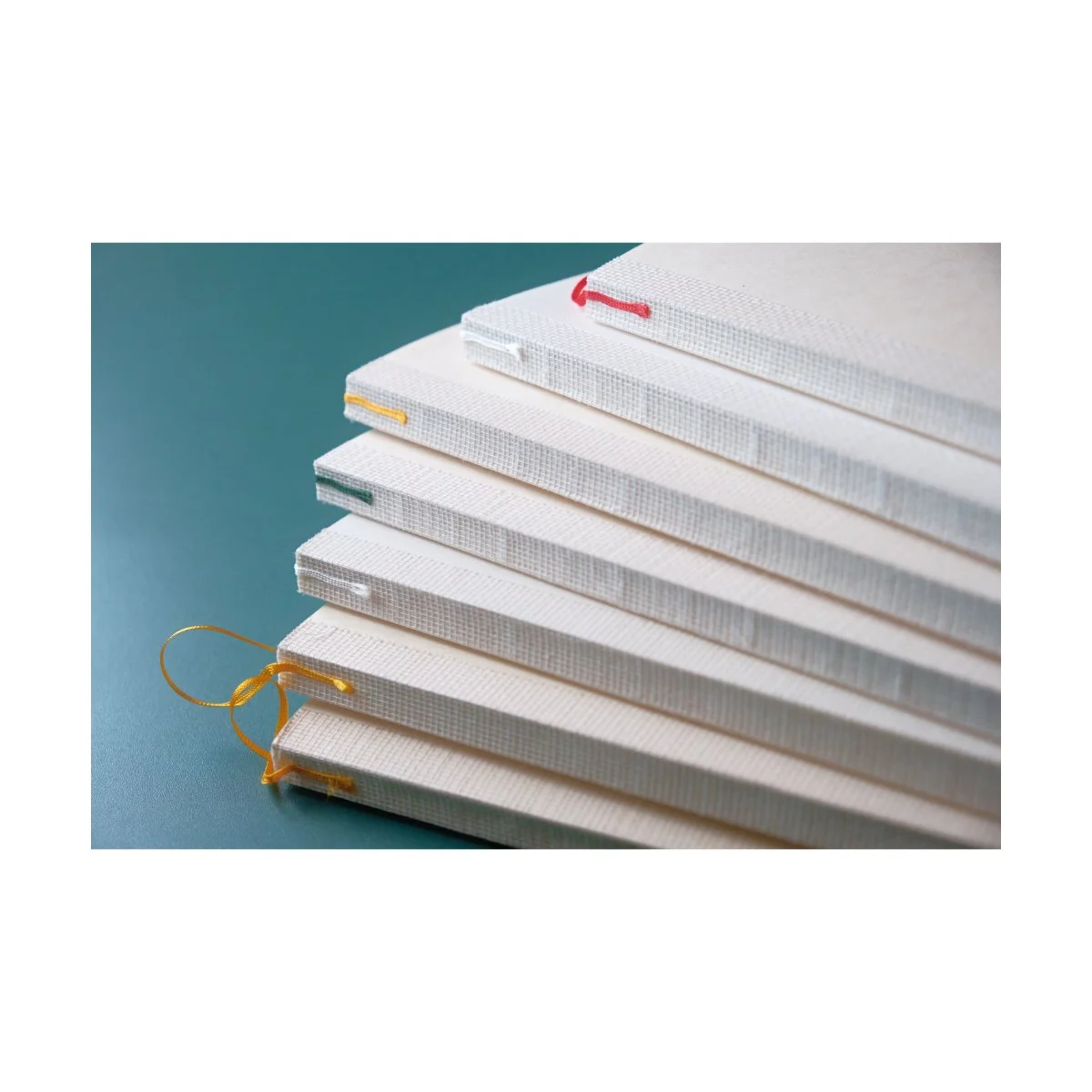Perfectionism is Ruining Your Photography
Your perfectionism is ruining your photography.
It’s often as artists we want things to be done well, we want them to be just right, we want them to be perfect.
But this is a slippery slope.
I see many creatives use perfectionism as an excuse.
They’ll justify having high standards as a reason to not take action.
And then they’ll make excuse after excuse about not having the right thing, not feeling motivated or inspired, not being in the right circumstances to make the thing they say they wanna make.
This leads to all talk - and no action.
Today we’re going to talk about perfectionism and how it can ruin your photography.
I’ll share with you why it doesn’t work and some things we can do instead so we can actually do the things we say we wanna do.
Let’s start.
Perfect Photos Don’t Exist
There’s a famous photography example I’m sure you’ve heard of that illustrates why perfection hinders our growth.
I forget the exact details, but in essence, a teacher splits his class into two.
He tells one side of the class they have the entire semester to take a perfect photo or make a perfect project.
And he tells the other side to simply make something and turn it in every week.
By the end of the semester the second half of the class made more and better work.
And the first half of the class’ output was significantly less, they struggled with indecision, and their work was objectively worse.
This is an important lesson about the creative process.
Focusing and aiming for perfection doesn’t work as well.
Where we learn the most is actually in the successive iterations, experimentations, and freedom of photography.
If we narrow our scope too hard, we complicate things.
But ironically, if we just focus on making stuff, the path to progress is clearer and less filled with obstacles.
If you want to understand why, think about perfection for a second.
“Perfection”, by definition, is impossible.
It means being free of all flaws and defects, which nothing is, and therefore “perfect photos” don’t exist.
So as photographers we shouldn’t go around trying to make perfect photos or create perfect projects.
It’ll only cloud our minds with an unrealistic expectation of what our photos should look like.
And that unrealistic expectation can make photography and art seem like a never ending race to catch something that doesn’t exist.
Furthermore, it’ll diminish our progress and efforts because any and everything we do will be imperfect.
Not to mention the indecisiveness and paralysis we get from perfectionism.
The reason why the first group struggled was because they were given an impossible task.
One where they had a lot of time to create something great, but with no idea of what great actually was.
Plus, when you have an entire semester to do one project, it’s likely you’ll procrastinate and save it all for the end.
So this combination of paralysis (not having a clear path forward), procrastination (due to a long deadline), and an impossible task (perfection) made their struggle almost inevitable.
Whereas the second group was encouraged to focus on action - simply turning something in every week.
Every week they tried something new, they learned from their experiences from last week, and they were free to create without the restrictions of “perfection”.
This “trial and error learn from experience” model seems to serve creatives the best.
It’s how we learn, it’s how we grow, and it’s how we build upon past actions.
And it allows us to focus on what’s actually within our control - not the outcome or result of our art, but the actions we take on a daily basis.
When we pay more attention to those, photography becomes streamlined, and growth becomes inevitable.
In essence, don’t focus on perfection.
Just keep making sh*t.
Perfection is Boring
As you begin to take more and more action in your creative life, you may realize a few interesting things about perfection.
One of those being: imperfection has it’s own appeal, and “perfection” can actually be boring.
Think about what a “perfect photo” might look like.
It may be the perfect exposure settings, the perfect edit, no noise, high sharpness, whatever.
And then think back to some of your favorite photographers’ best work.
What did you like about their photography?
Personally I’ve found many of their best photos weren’t perfect.
In fact, it’s because they weren’t perfect that I liked them.
Daido Moriyama for example has plenty of shots that had terrible exposure, lots of grain, lots of noise.
But when you look at the photos, you’re like, “Okay that makes sense.”
You can almost instantly see the appeal and many times it’s the imperfections that make it better.
Another example: Tony Vaccaro, the renowed wartime photographer.
Much of his work is grainy, noisy, too slow of a shutter speed, “imperfect”.
And half of that you could argue was due to the fact that he shot on film.
But it didn’t matter because the photos he took are still great.
He still captured the most important part: the essence of the moment; and each photo tells a deeper story.
Over time you may come to realize that perfection is boring.
It limits and constrains not only the photographer but defaults us to a single way of shooting, much like a “style” would.
And at the end of the day, if photography is apples to oranges, and what one person sees as imperfect another will see as perfect, then perfection itself is a waste of time.
And if many of our photos are better because they’re imperfect then maybe we just should settle down and embrace imperfection, instead of always chasing perfection.
Embracing Imperfection
At this point in time you may be thinking:
“Okay Andre, I get it, perfection sucks, perfection is bad, but now what do I actually do?”
Well, one thing you could do is emulate the students in the second group from the example earlier.
Take photos and make something every day, every week, regardless of if it’s “perfect” or not.
Do this for a long enough period of time and you’ll be surprised at your growth.
And if along the way you find yourself struggling with perfectionism, try keeping these two things in mind.
Just Make Shit
One of my favorite mantras I tell myself is to “just make shit”.
This is something that’s useful whenever I get too into my head about what I’m doing.
Maybe I’m overthinking photography, YouTube, or another creative project.
I’m worried about whether it’s a good idea, whether it’s worth making, and not to mention all the work and effort that has to go into it.
And all this stuff is preventing me from starting because I’m just thinking too much.
In these moments, I remind myself: “dude, just make shit.”
That’s what we’re here to do.
We’re not here to make something perfect, because as we covered, it doesn’t exist.
We’re not here to make something that lasts forever, because over a long enough time horizon everything will fade.
And we’re certainly not here to people please or make for other people.
Good or bad, we’re just here to make shit.
And it’s not the point, but as we established earlier, if we keep making stuff, over a long enough period of time we will get better and we might create something others would deem as “perfect”.
But that was not our intent - we were just doing our thing, making stuff, every single day.
So, “just make shit”.
It bottles all these concepts and positive reframes up into one simple phrase.
I know what it means, I don’t need to do the math twice, and it works.
If I’m struggling with perfectionism, I’ll tell myself that and simply get on with my day.
Minimal Viable Action
If you’re a more practical person and you need help applying the things I’m saying here, another good framework is called the “Minimal Viable Action”.
This is something I picked up from Mark Manson and it helps tremendously when I feel overwhelmed by a project.
Instead of trying to complete or do the whole thing, which can easily feel overwhelming, I just try to take the first step.
I ask myself, “What’s the minimal viable action?”
For writing, it might just be opening the document or blog post and writing “the”.
For editing videos, it might just be opening the program and project file.
For editing photos, it could be opening the program and picking a photo to edit.
For taking photos, it just means grabbing my camera and stepping outside.
Just focusing on taking that first step instead of doing the whole thing has made being productive so much easier.
It’s less overwhelming and there’s less resistance when it comes to doing stuff.
And once I start the first sentence, take the first photo, edit the first photo, everything snowballs from there.
And before I know it, I’m off running, doing more than I felt or thought I would when I first started.
This is why they say that the hardest part of exercise is simply getting to the gym.
But if you can just get outside and go to they gym, the workout will take care of itself.
So don’t worry about the whole thing, just take the minimal viable action and you’ll be on your way.
So, a quick summary.
Your perfectionism is ruining your photography.
Why?
Because trying to take perfect photos is impossible and it takes time, effort, and energy away from the more important stuff.
Similarly, the creative process is one of experimentation and making things.
Don’t try to be perfect, approach photography like the second group, and simply turn something in every single week.
Furthermore, perfection can be boring.
It’s often we’ll see many great photos which are great for the very reason that they’re not perfect.
And if that’s the case, it’s in our best interest to settle down and embrace imperfection instead of chasing perfection.
To do this, there are two things to keep in mind that might help.
First, is to remind yourself to “just make sh*t”.
Honestly, that’s been the most effective one for me.
Second would be to take the Minimal Viable Action.
Don’t make it your job to do the whole thing, just open the program or walk outside with the camera and the rest of it will come.
Remember: the hardest part of exercise is getting to the gym.
I hope you found something in here helpful.
If you did, share this with a friend who also struggles with perfectionism.
And if you’d like to learn more, go to Photography Essentials - it’s free.
You can also support me by adding to the travel fund or grabbing a copy of my photography zine “The Sinking Sun”.
We’ve also got a few shirts that will be here for a limited time.
Thanks and have a great day.
